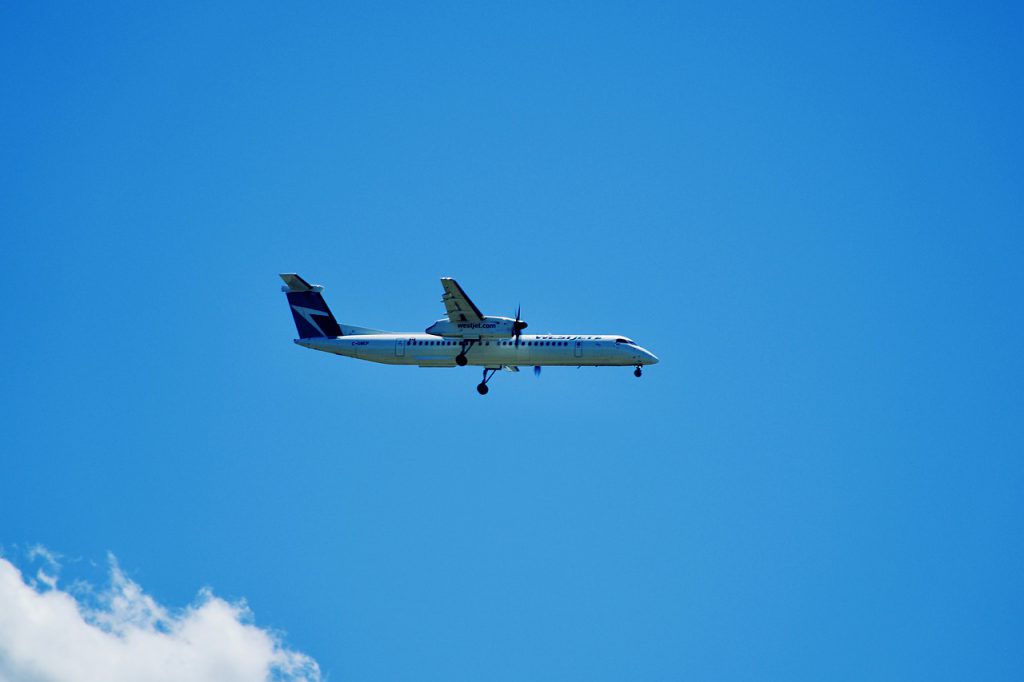Why A Senior WestJet Manager Is Against Automatic Flight Compensation
A senior WestJet manager is against automatic flight compensation for several reasons.
Firstly, the manager argues that automatic compensation would increase costs for the airline. With automatic compensation, the airline would have to pay out compensation to customers even if the delay or cancellation was due to circumstances outside of the airline’s control, such as bad weather or air traffic control issues. This would result in a significant financial burden for the airline.
Secondly, the manager argues that automatic compensation would not necessarily improve the customer experience. While receiving compensation can be a nice gesture, it does not necessarily make up for the inconvenience and frustration caused by a delay or cancellation. Instead, the manager believes that the airline should focus on improving its operations and communication with customers to prevent delays and cancellations in the first place.
Finally, the manager argues that automatic compensation could lead to a decrease in the overall quality of service. If the airline is forced to pay out compensation automatically, it may cut costs by reducing staffing or other resources, which could lead to a decline in the overall quality of service for customers.
Overall, the senior WestJet manager believes that automatic flight compensation is not the best solution for addressing customer dissatisfaction with delays and cancellations. Instead, the airline should focus on improving its operations and communication with customers to prevent these issues from happening in the first place.
The senior WestJet manager also believes that automatic flight compensation could lead to an increase in customer complaints and dissatisfaction. With automatic compensation, customers may be more likely to file complaints and demand compensation, even if the delay or cancellation was not the fault of the airline. This could lead to a significant increase in workload for customer service representatives, who would have to deal with a larger number of complaints and demands for compensation.
Additionally, the manager argues that automatic flight compensation could lead to a lack of accountability for the airline. If the airline is automatically compensating customers for delays and cancellations, it may be less motivated to take steps to prevent these issues from occurring in the first place. This could lead to a decline in overall service quality and customer satisfaction.
Furthermore, the manager also mentions that the Automatic flight compensation system would require a lot of investments for the company to implement and maintain, which could have a negative impact on the company’s financials and the ability to invest in other areas such as safety, innovation and customer experience.
In conclusion, the senior WestJet manager believes that automatic flight compensation is not the best solution for addressing customer dissatisfaction with delays and cancellations. Instead, the airline should focus on improving its operations and communication with customers to prevent these issues from happening in the first place. The company should also try to find a balance between compensating the customers and maintaining its financial stability and investing in other areas.

